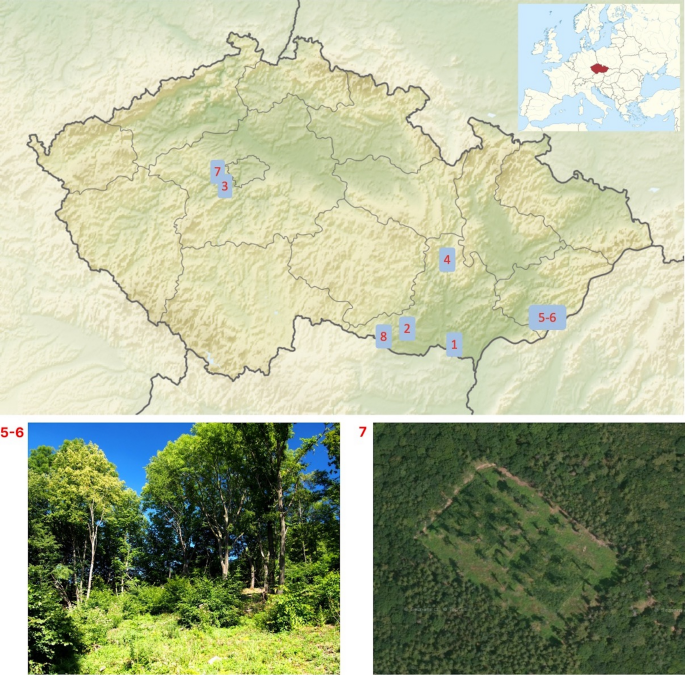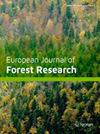Coppice reintroduction in the Czech Republic: extent, motivation and obstacles
IF 2.6
2区 农林科学
Q1 FORESTRY
引用次数: 0
Abstract
Abstract Coppicing is a form of forest management in European broadleaved forests. While it is still practised in south-eastern Europe, in central and western Europe it was almost completely replaced by high forest management. Currently, there are increasing efforts to reintroduce coppice management into former coppice woods. However, little comprehensive knowledge is available about the extent and management of coppice reintroduction and the processes governing it. In this paper, we present an overview of localities in the Czech Republic where coppice reintroduction was taking place in 2020. We identified 8 localities and conducted 10 semi-structured interviews with experts involved in their management in order to understand what motivated them to restart coppicing and what obstacles they have had to face. The main motivation of site managers is nature conservation, while the most important obstacles are operational issues, such as bureaucracy, complicated land ownership and legal responsibilities or lack of workforce. Other motivating factors identified in other European countries (production of a renewable energy source and potential for rural employment) have so far played a minor role in the Czech Republic. We conclude that a major challenge for future forest policies will be to utilise the economic experiences of regions with active coppicing to foster the spread of coppice woods in order to combine renewable energy production with biodiversity conservation.

捷克重新引进科比斯:范围、动机和障碍
摘要:分伐是欧洲阔叶林的一种森林管理方式。虽然它在东南欧仍在实行,但在中欧和西欧,它几乎完全被高度森林管理所取代。目前,越来越多的人努力在以前的灌木林中重新引入灌木林管理。然而,关于灌木林重新引入的范围和管理及其控制过程的全面知识很少。在本文中,我们概述了捷克共和国在2020年重新引入灌木林的地方。我们确定了8个地方,并与参与其管理的专家进行了10次半结构化访谈,以了解他们重新开始复制的动机以及他们必须面对的障碍。场地管理者的主要动机是自然保护,而最重要的障碍是操作问题,如官僚主义、复杂的土地所有权和法律责任或缺乏劳动力。在其他欧洲国家查明的其他激励因素(可再生能源的生产和农村就业的潜力)迄今在捷克共和国起的作用不大。我们的结论是,未来森林政策的一个主要挑战将是利用积极采伐地区的经济经验来促进灌木林的蔓延,从而将可再生能源生产与生物多样性保护结合起来。
本文章由计算机程序翻译,如有差异,请以英文原文为准。
求助全文
约1分钟内获得全文
求助全文
来源期刊
CiteScore
5.10
自引率
3.60%
发文量
77
审稿时长
6-16 weeks
期刊介绍:
The European Journal of Forest Research focuses on publishing innovative results of empirical or model-oriented studies which contribute to the development of broad principles underlying forest ecosystems, their functions and services.
Papers which exclusively report methods, models, techniques or case studies are beyond the scope of the journal, while papers on studies at the molecular or cellular level will be considered where they address the relevance of their results to the understanding of ecosystem structure and function. Papers relating to forest operations and forest engineering will be considered if they are tailored within a forest ecosystem context.

 求助内容:
求助内容: 应助结果提醒方式:
应助结果提醒方式:


